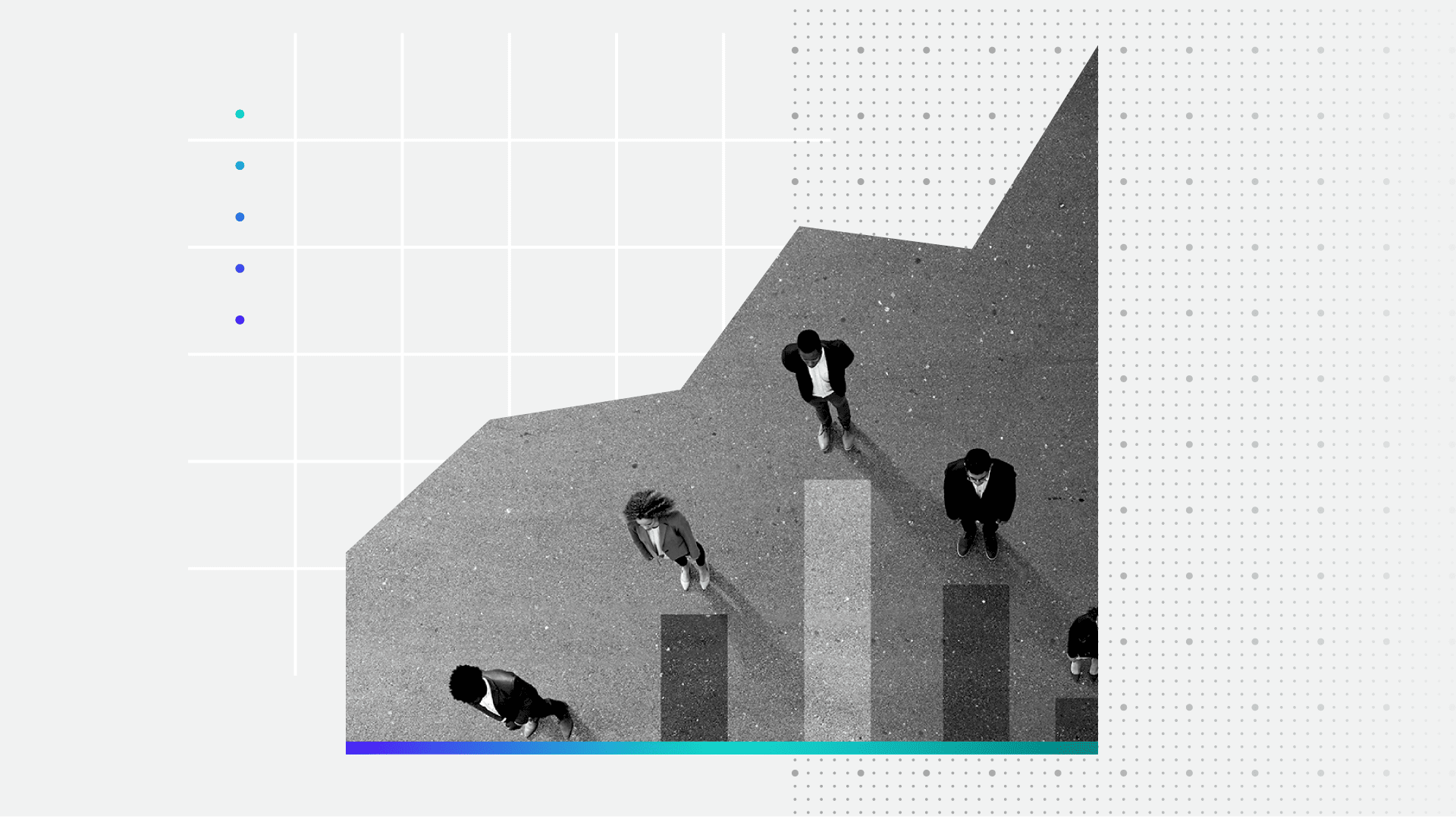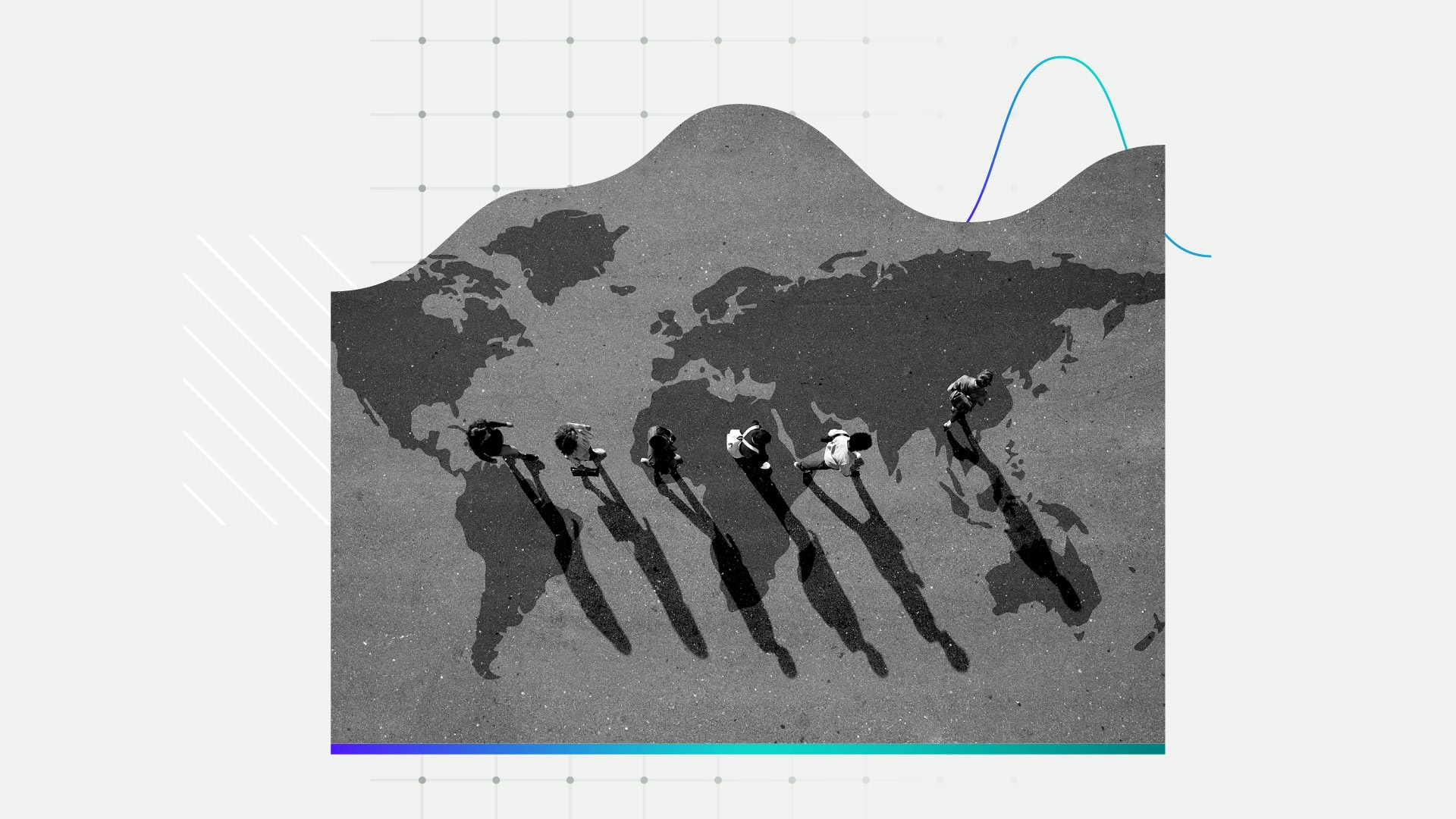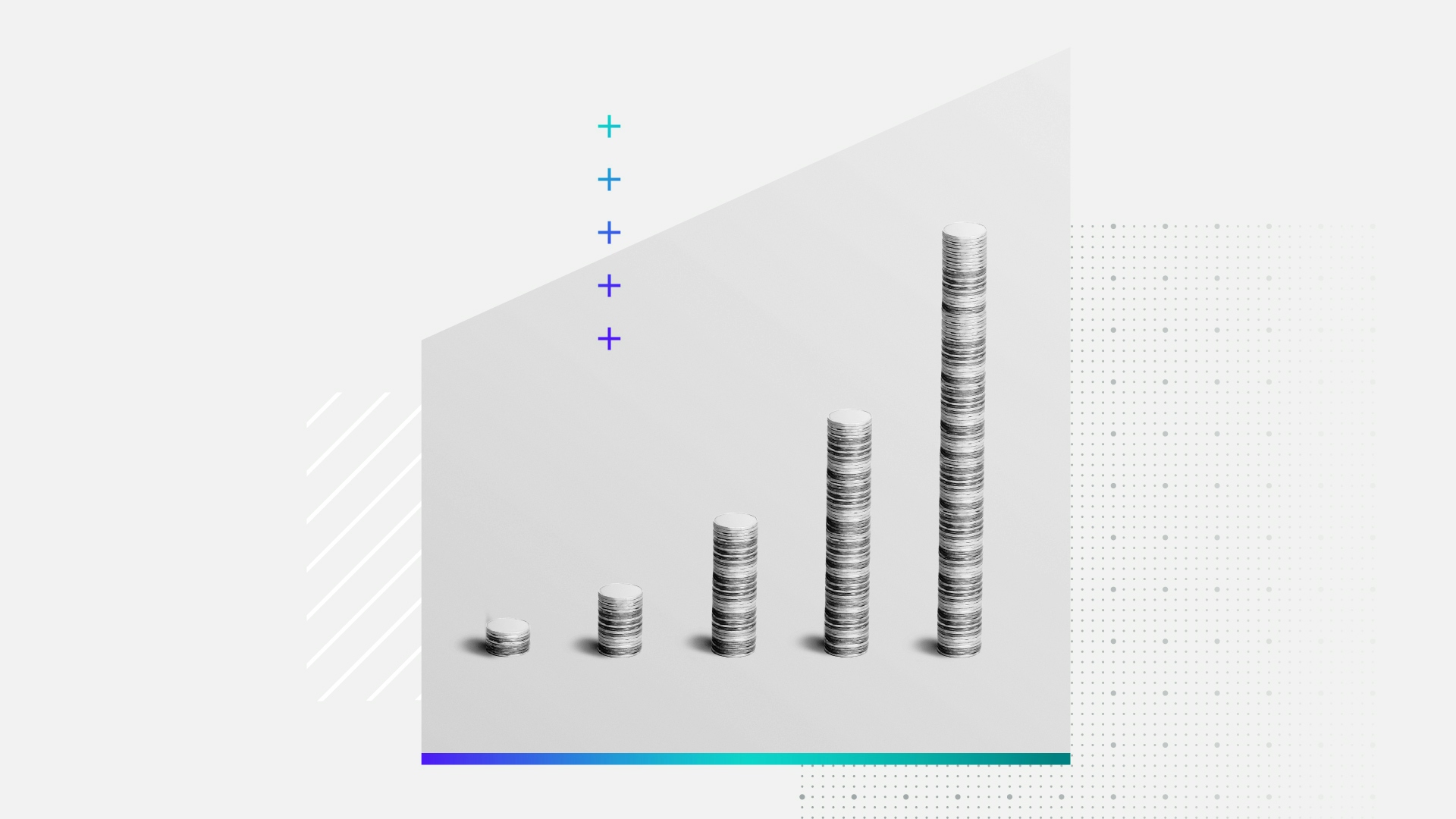Morning Consult | Axios Inequality Index
Each month, Morning Consult conducts over 260,000 survey interviews on a wide variety of economic and financial topics, allowing us to precisely gauge how economic inequality is shifting in response to policy developments, business conditions and current events. This data is inputted into the Morning Consult/Axios Inequality Index.
Our economic inequality index is based on four indicators: consumer confidence, employment outcomes, employment expectations and financial vulnerability. When there are larger gaps between income groups on these indicators, the level of inequality rises. A full methodology and explanation of the index is available below.
Key Takeaways
The Morning Consult / Axios Inequality Index moved higher again in March, underscoring the extent to which Americans across the income spectrum are experiencing the economy differently as inflation cools.
The recent increase in inequality reflects growing divergences in consumer sentiment and financial vulnerability: Higher-income adults have grown more confident and have managed to improve their household finances to a greater extent than lower-income adults.
Pay loss expectations notched their second consecutive monthly increase for lower- and middle-income adults despite relatively muted actual pay losses across the income spectrum. These conflicting signals suggest the labor market remains strong while showing modest signs of cooling.
Download the expanded report
A monthly report showing the underlying trends in inequality as it pertains to consumer confidence, employment outcomes, employment expectations, and financial vulnerability is available to Morning Consult Pro subscribers.
Source of This Data
Methodology
The Morning Consult/Axios Inequality Index relies on Morning Consult’s proprietary data from four distinct surveys with over 100,000 responses.
Index Calculation:
1. Convert daily and weekly values to monthly values. The index averages weekly values for the lost pay/income tracker and daily values for the Index of Consumer Sentiment to produce monthly values.
2. Convert Index of Consumer Sentiment values to net percentages. The Index of Consumer Sentiment is on a scale from 0 to 200 while the other three series are percentages that run from 0 to 100 percent. This difference in units prevents direct comparison of the four components and limits the ability to combine them into a single inequality index. In order to address this issue, the ICS values have to be reduced by 100 and divided by 100 so that they reflect net percentages.
3. Calculate each of the four components. Each of the component series is calculated by taking the standard deviation of the three values across the income spectrum. The resulting values represent the degree of variation or dispersion from the mean among low-, middle- and high-income adults. The higher the component value, the greater the inequality across income groups.
4. Calculate the overall index. The Morning Consult/Axios Inequality Index is an average of the four component values. The higher the index value, the greater the inequality across income groups.
FAQs
1. What is the Morning Consult/Axios Inequality Index?
The Morning Consult/Axios Inequality Index measures economic inequality across income groups on a monthly basis.
2. How does the Morning Consult/Axios Inequality Index define economic inequality?
The Morning Consult/Axios Inequality Index defines economic inequality in terms of consumer confidence, employment outcomes, employment expectations and financial vulnerability, each of which plays an equally important role in capturing the economic experiences of adults across the income spectrum.
3. Why is it important to measure economic inequality?
Traditional economic indicators provide limited insight into the ways in which different groups of adults are experiencing the economy, thereby increasing the risk of economic policies leaving behind certain groups of individuals.
Persistent or increasing economic inequality casts doubt on the fairness of America’s economic system and undermines the sustainability of economic growth.
4. How does the index compare to the Gini coefficient?
Unlike the Gini coefficient, the Morning Consult/Axios Inequality Index does not measure the distribution of income or wealth in the country. Rather, it measures the impact of income differences on driving differences in economic experiences.
5. How are Morning Consult and Axios planning on measuring and analyzing other forms of economic inequality not included in the index?
Morning Consult and Axios are both committed to measuring and analyzing additional forms of economic inequality not explicitly included in the index, including issues related to wealth disparities and intergenerational economic mobility. These additional forms of economic inequality exist not only across income groups, but also by race, ethnicity, gender, educational attainment and parental status, to name a few. Future monthly releases will highlight some of these additional disparities in economic experiences via special reports and analysis.
6. How is the data for the Morning Consult/Axios Inequality Index collected?
The Morning Consult/Axios Inequality Index relies on Morning Consult’s proprietary survey research capabilities to collect the four data series that feed into the index.
7. How should the index values be interpreted?
The values of the Morning Consult/Axios Inequality Index answer the question “how differently are U.S. adults with annual incomes below $50,000, between $50,000 and $100,000 and over $100,000 experiencing the economy?” The higher the index value, the more differently adults across the income spectrum are experiencing the economy.
8. How often will the index be published?
The Morning Consult/Axios Inequality Index will be published on a monthly basis during the last two weeks of the month.
About Morning Consult
Morning Consult is a global decision intelligence company changing how modern leaders make smarter, faster, better decisions. The company pairs its proprietary high-frequency data with applied artificial intelligence to better inform decisions on what people think and how they will act. Learn more at morningconsult.com.
Email [email protected] to speak with a member of the Morning Consult team.
John Leer leads Morning Consult’s global economic research, overseeing the company’s economic data collection, validation and analysis. He is an authority on the effects of consumer preferences, expectations and experiences on purchasing patterns, prices and employment.
John continues to advance scholarship in the field of economics, recently partnering with researchers at the Federal Reserve Bank of Cleveland to design a new approach to measuring consumers’ inflation expectations.
This novel approach, now known as the Indirect Consumer Inflation Expectations measure, leverages Morning Consult’s high-frequency survey data to capture unique insights into consumers’ expectations for future inflation.
Prior to Morning Consult, John worked for Promontory Financial Group, offering strategic solutions to financial services firms on matters including credit risk modeling and management, corporate governance, and compliance risk management.
He earned a bachelor’s degree in economics and philosophy with honors from Georgetown University and a master’s degree in economics and management studies (MEMS) from Humboldt University in Berlin.
His analysis has been cited in The New York Times, The Wall Street Journal, Reuters, The Washington Post, The Economist and more.
Follow him on Twitter @JohnCLeer. For speaking opportunities and booking requests, please email [email protected]


